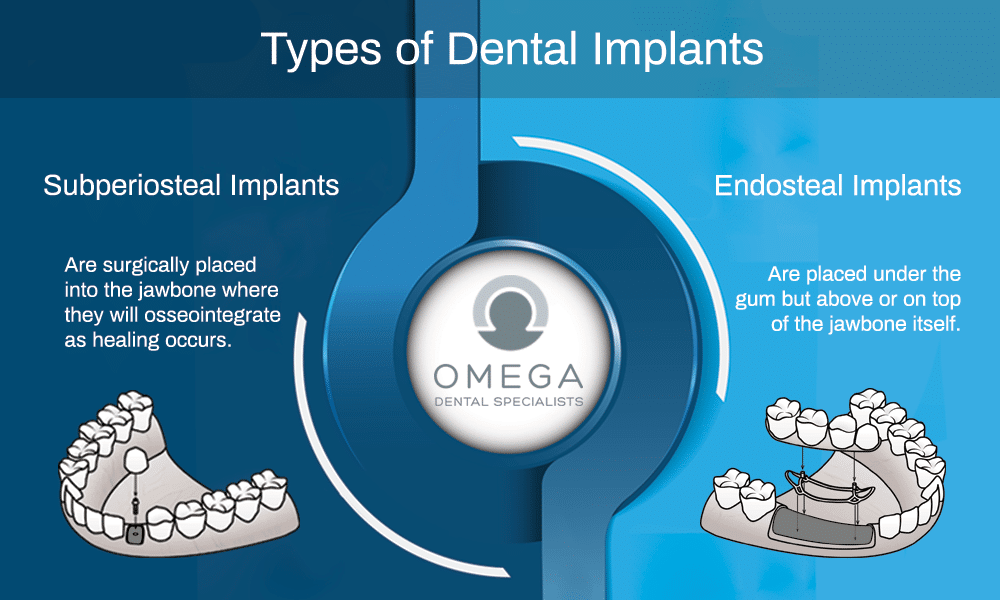Dental Sense - Truths
Things about Dental Sense
Table of ContentsThe Basic Principles Of Dental Sense The 9-Minute Rule for Dental SenseGet This Report on Dental SenseGetting My Dental Sense To Work
are medical devices surgically implanted into the jaw to recover a person's capability to chew or their appearance. They supply support for synthetic (fake) teeth, such as crowns, bridges, or dentures. When a tooth is lost due to injury or disease, a person can experience complications such as rapid bone loss, defective speech, or modifications to chewing patterns that cause discomfort.Oral dental implant systems include a dental implant body and dental implant abutment and may also include a joint addiction screw. Root canal procedure. The dental implant body is surgically put in the jawbone in place of the tooth's origin. The dental implant abutment is typically affixed to the dental implant body by the joint addiction screw and expands through gums right into the mouth to sustain the connected artificial teeth
(https://www.domestika.org/en/dentalsense1)Framework of The Oral Implant System choosing oral implants, speak with your oral company regarding the potential benefits and threats, and whether you are a prospect for the procedure. Points to think about: Your general health is a crucial consider identifying whether you are a great candidate for dental implants, how long it will certainly take to recover, and for how long the implant may remain in area.
Smoking might influence the recovery procedure and lower the long-term success of the dental implant. The recovery procedure for the dental implant body might take numerous months or longer, throughout which time you typically have a temporary abutment in area of the tooth. the oral implant treatment: Thoroughly adhere to the oral hygiene instructions offered to you by your oral provider.
4 Easy Facts About Dental Sense Explained
Implant failing can cause the demand for one more operation to repair or change the dental implant system. Restores the capability to chew Brings back aesthetic look Aids keep the jawbone from shrinking because of bone loss Protects the health of the surrounding bone and periodontals Aids maintain surrounding (nearby) teeth secure Boosts top quality of life Damages to bordering all-natural teeth throughout implant positioning Injury to the surrounding cells throughout surgical procedure, such as sinus perforation Injury during surgical procedure (for instance, crack of surrounding jawbone) Insufficient function, such as seeming like the teeth do not attack with each other normally A sensation that the tooth is loosened or twisting in position arising from a joint screw loosening up Implant body failure (looseness of the dental implant body) as a result of systemic infection, which may be more probable in patients with unrestrained diabetes mellitus because of local infection in bone and periodontals sustaining the dental implant body as a result of postponed recovery, which might be most likely in patients that smoke Difficulty cleaning the gums around the implant, resulting in poor dental hygiene Without treatment periodontal condition Post-surgical pins and needles as a result of nerve impingement or damage Always alert healthcare companies and imaging service technicians that you have oral implants before any kind of magnetic resonance imaging (MRI) or x-ray procedures.
FDA is not conscious of any type of unfavorable events reported for MRI or x-ray procedures with dental implants. Oral implants systems are commonly constructed from products that adhere to international consensus requirements of the International Company for Standardization (ISO) or ASTM International. These criteria have details of what makes a risk-free material.

An oral implant is a structure that changes a missing tooth. With screw-like gadgets, the doctor inserts an implant right into the jawbone, and it serves as a support for a man-made tooth, called a crown. A device called a joint attaches the fabricated tooth to the dental implant. The crown is custom-made to fit the individual's mouth and match the color of their teeth.
The Of Dental Sense
Some individuals are not eligible for oral implant surgical procedure. It is for dental doctors to run on individuals with: acute illnessuncontrollable metabolic diseasebone or soft cells disease or infectionIf these problems are resolved, a person can have the surgical treatment. In, oral doctors refrain from operating individuals with: If individuals with any of the above undergo dental implant surgical procedure, there is a greater risk of the dental implant failing.

Oral implant surgery is a customized process. It's not the exact same for everybody. The adhering to offers a basic review of what you can anticipate your dental practitioner, dental cosmetic surgeon, periodontist or prosthodontist to do: Place the implant operatively. Provide you time to recover. Attach the article and last crown, bridge or denture.
Next, your surgeon will meticulously place the dental implant right into Your Domain Name your jaw. If your dental implant is near the front of your mouth, your dentist will make a short-lived tooth for you to use until you heal.
The Best Guide To Dental Sense
During the healing phase, your jawbone should fuse to the oral implant. This procedure can take anywhere from three to 9 months.
When your implant heals, your dental expert can connect the abutment (tiny connector post) and your last remediation (crown, bridge or denture). This normally takes about one hour to complete and might require a 2nd minor surgery. You should not feel any kind of discomfort throughout your dental implant procedure because your provider will make use of medicine to numb your gum tissues.